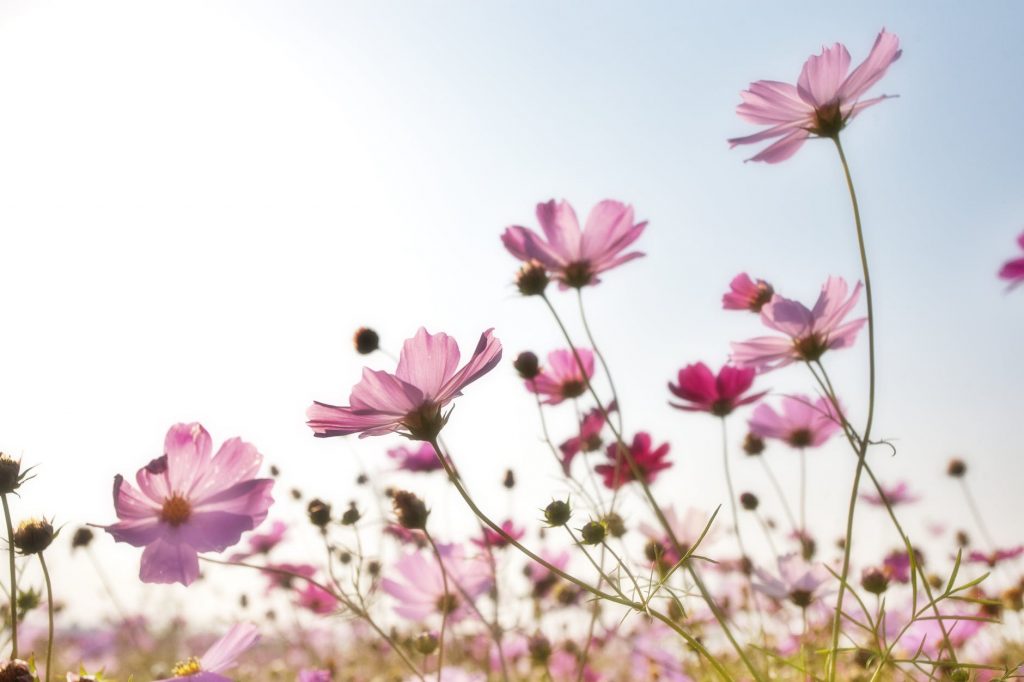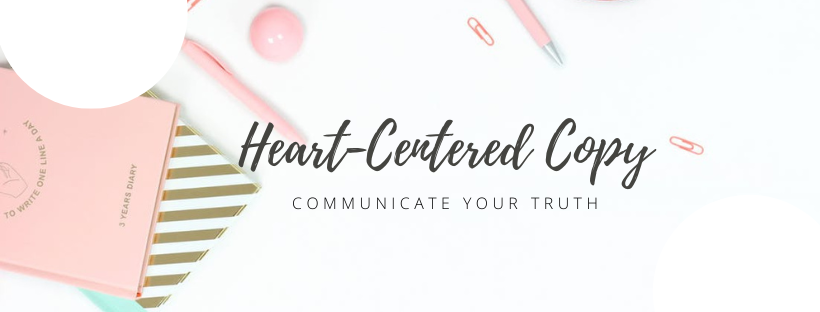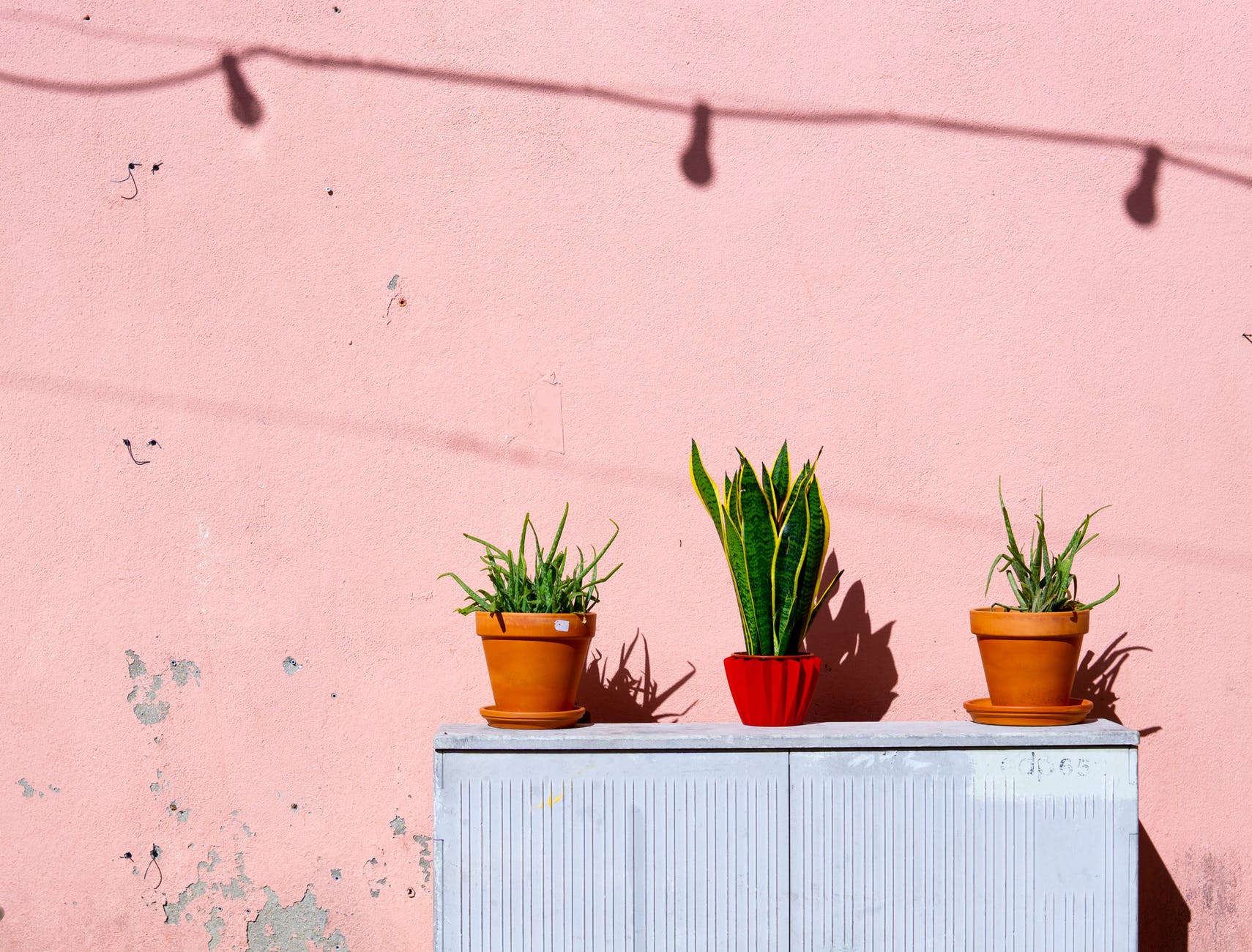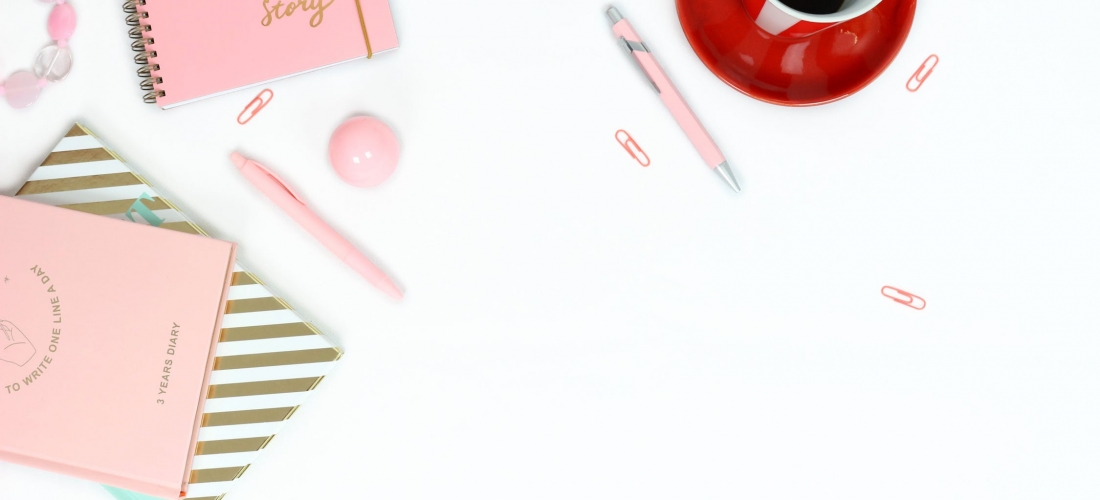Did you know that you can be happier with gratitude each and every day? The brain is such an amazing organ and it’s constantly growing as we learn new things. A recent scientific study claims that the brain never stops growing neurons. Science may not be 100% sure if that’s true yet but what we do know is that we are never too old to keep learning new things.
Do your daily conversations seem to turn negative or do you always seem to be waiting on the other shoe to drop? For some people, focusing on the bad almost seems to come naturally. You do it without thinking about it, especially if you’re prone to anxiety. It can feel like your brain turns to every potential bad scenario quick and hard. This can be a defense mechanism, as the brain is really just trying to help you be prepared for every possible outcome. But it can also increase stress and lower your mood. To stay high vibe all day long, you need to train your brain to focus on the positive and the happy feelings instead.
For some people, this “worst-case scenario” response can happen even when good things occur. When something big happens, you may feel overwhelmed, afraid to fully accept it and soak in it, or worried that all the good things will be snatched away from you. This creates a pattern of living “on guard” and preparing for the potential collapse of everything. And these feelings also get in the way of your happiness. If you can’t even feel happy when good things are happening, how can you learn to be happy even when everything is not going your way? This is where gratitude comes in.
What is Gratitude?
 What do we mean when we say “gratitude”? Gratitude is a positive emotion that is centered around focusing on what is good in our lives and being thankful for the things that we have. It involves showing appreciation and returning kindness. Gratitude is about taking the time to stop and notice the good and beautiful things all around you – big or small. And it’s about appreciating the things you might usually take for granted, such as a roof over your head, a job, food to eat, clean water, friends, your family, or even the computer access you’re using to read this.
What do we mean when we say “gratitude”? Gratitude is a positive emotion that is centered around focusing on what is good in our lives and being thankful for the things that we have. It involves showing appreciation and returning kindness. Gratitude is about taking the time to stop and notice the good and beautiful things all around you – big or small. And it’s about appreciating the things you might usually take for granted, such as a roof over your head, a job, food to eat, clean water, friends, your family, or even the computer access you’re using to read this.
Feeling gratitude for the things you do have doesn’t mean you are complacent, or that you never strive for more or to do better. In fact, it actually helps you attract more abundance and more positive experiences. When we allow ourselves to truly feel the good stuff, it attracts more good stuff to us. Let’s say you need a new car, for example. Yours has been breaking down regularly, is becoming a money sink, and you worry that it won’t be able to safely transport you from point A to point B for much longer. You want a new car. You know you need a new car. But there may be reasons why you can’t make the purchase just yet.
Rather than moan and complain about your existing car, feeling jealous that other people have new cars and you don’t, or feeling angry when your car doesn’t perform the way you want it to, you can shift those emotions to gratitude instead. Take time to think about all the things your car has done for you, all the places it has taken you, and all the times it has been there for you. Allow yourself to truly appreciate it and your mood will shift from negativity and lack to positivity and abundance.
How to Be Happier with Gratitude
If you begin to practice gratitude daily, it will improve your overall mood. Positive psychology research shows that gratitude is strongly and consistently associated with more happiness. Harvard Medical School expands on this medical science and how it applies to gratitude:
“Two psychologists, Dr. Robert A. Emmons of the University of California, Davis, and Dr. Michael E. McCullough of the University of Miami, have done much of the research on gratitude. In one study, they asked all participants to write a few sentences each week, focusing on particular topics.
One group wrote about things they were grateful for that had occurred during the week. A second group wrote about daily irritations or things that had displeased them, and the third wrote about events that had affected them (with no emphasis on them being positive or negative). After 10 weeks, those who wrote about gratitude were more optimistic and felt better about their lives. Surprisingly, they also exercised more and had fewer visits to physicians than those who focused on sources of aggravation.
Another leading researcher in this field, Dr. Martin E. P. Seligman, a psychologist at the University of Pennsylvania, tested the impact of various positive psychology interventions on 411 people, each compared with a control assignment of writing about early memories. When their week’s assignment was to write and personally deliver a letter of gratitude to someone who had never been properly thanked for his or her kindness, participants immediately exhibited a huge increase in happiness scores. This impact was greater than that from any other intervention, with benefits lasting for a month.”
Seeing Gratitude in Our Daily Lives
There are other ways we see the impact of gratitude on happiness in our daily lives. However, you may not have even noticed. For example, when a boss remembers to say “thank you” to his employees, they feel more appreciated and typically are more motivated to work harder. Teachers shown appreciation by their students and parents feel happier about their jobs, in general, despite the stress that comes with the position. Children who write thank you notes to people who have had a positive impact on their lives can make the recipient feel better, even if it does not affect their own well-being in a significant way.
Something as simple as saying thank you when a stranger holds a door open for you can really turn around someone’s mood for the day. Some studies have also shown that gratitude is an attainment that comes with emotional maturity. While everything may not be exactly how you want it all the time, a mature mind can recognize the things to be grateful for and allow themselves to feel that appreciation. This directly correlates to a happier individual. So, how do you do it if this doesn’t come naturally to you right now?
Here are three small steps you can start incorporating into your daily routine to help train your brain to be happier.

One: Practice Mindfulness
When you’re in control, you’re happier, more confident, and ready to see what each new day brings. Self-awareness is one way to gain control over your life and practicing mindfulness makes you more aware. You’ll learn to pay close attention to your surroundings as well as your own thoughts and actions.
You’ll learn to control your emotions better during difficult situations. It’ll enhance your mental and physical processes so you’ll become more in touch with yourself. Being aware of the present and what is happening in the here and now is powerful. Mindfulness is something you can do anywhere at any time, and it doesn’t require any special tools or anything. Start implementing moments of mindfulness into your daily life starting now.
Stop in the moment and take note of all of your senses. What do you hear or see? Can you smell anything? What do you feel? When you eat, what does it taste like? How does the food feel inside your mouth and on your tongue? Sitting in your chair, how does it feel? Is it hard or soft? Be aware of everything around you. Notice your breath. Notice your heartbeat in your chest. This is a reminder that you are alive.
As you start to practice mindfulness, you’ll feel calm, focused, and grateful for all the good things in your life, even the little things. With awareness and gratitude comes happiness. So, practicing mindfulness is a great way to help train your brain to be happier.
Two: Count Your Blessings
By counting your blessings you’re training your brain to be more aware of the good things in your life that make a difference. You’re drawing attention to these things so you can focus on the joy they make you feel. You’ll see there is a lot of good amidst the chaos. You can even learn who or what is responsible for them when you begin counting your blessings. It’s a lot more rewarding than complaining about what you don’t have or what went wrong today.
One way to count the positive things in your life is by creating a gratitude list or journal where you write down a few things you’re thankful for each day. Another option for families, for example, is to go around the dining room table and have everyone say one thing that they’re thankful for each day. It can be a very good habit to instill in your family, as everyone will then learn to feel more gratitude each day, and also you are showing your family that it’s good to be grateful and to express it out loud.
Practicing gratitude in this manner creates positive thoughts, which in turn creates good, positive energy that makes everyone feel a little happier. Over time, you train your brain to see even the little blessings that bring a smile to your face and joy to your heart. You’ll start seeing them everywhere, in everything big and small, and your mood will greatly improve as a result.
Three: Be Kind to Others
It’s hard not to be thankful when you’re showing compassion and love to others. When you thank someone for helping you with something, even if it was a small thing, it makes you feel good inside. We live in a fast-paced world today and it’s easy to feel disconnected. Smile and be kind to the people you meet as you go about your day. It will bring a little happiness into their lives, which sends positive energy back your way.
If you see someone in need and you’re able, take a minute to help them out. It could be holding a door open for someone at the supermarket. Or it might be allowing a vehicle to pull out into heavy traffic while you’re stopped at a light anyway. It could be commenting on a co-worker’s new haircut, or leaving a nice comment on a Facebook friend’s new profile picture. There are so many ways throughout the day to be kind to others and the more you do it, the easier it will become. While you’re helping, you can also share something that you’re thankful for with that person. It may encourage them to look at all the things they have to be grateful for, which will make both of you feel good.
Be Happier with Gratitude Daily
Remember, every good habit takes time to become your new normal. While you may have to be very intentional about your gratitude in the beginning, it will soon become second nature to you. As you continue to practice it each day in all you do, it becomes a regular part of how you think. You will find your mood is naturally lifted and that your mind automatically goes to more positive things and not the negative things. You’ll also find that when the negative things do happen, which is just a part of life, that you will handle them with more peace and grace.
When you train your brain to practice gratitude daily, happiness will come naturally. You’ll feel yourself growing into new thinking patterns that are naturally more positive and less negative. You’ll automatically be kinder, friendlier, and more optimistic. You’ll also be more tolerant and forgiving of others while feeling less stressed and more focused than ever before. All you have to do is take that first step. Make expressing gratitude a regular part of your daily routine. Which of the three options above would you like to try first?
Are there some other ways you practice gratitude that you want to share with us in the comments?
** A shorter version of this post was previously published on Thrive Global





